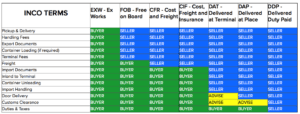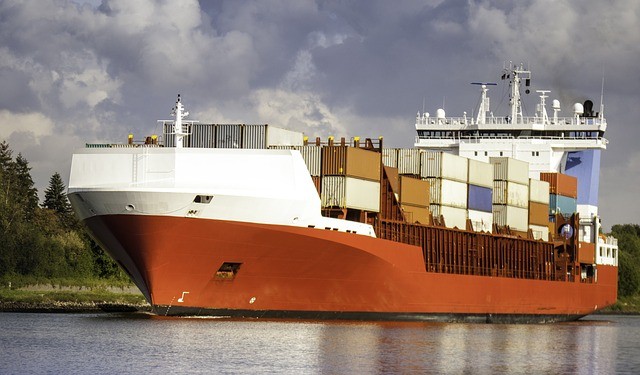Whether you’re in the manufacturing, retail or wholesale industry, freight charges are often one of the key costs of operating a business. As the price of shipping goods continues to rise due to constantly changing economic factors such as fuel costs and labour, businesses are looking for ways to keep their expenses under control.
Shipping and freight forwarding companies strive to adapt to the highly volatile nature of the landscape while meeting the current needs of their customers. Through optimising the chain supply, they take on the role of an orchestrator to work out the best way to get your shipments to you, or your customers, cost-effectively and on time. In doing so, they drive down the costs of transporting goods locally and internationally.
Control your buying terms
When negotiating a sales contract for imports or exports it’s best to control the freight costs. For imports, for example, FOB (Freight on Board) or Ex Works – ie you pay the cost of the freight from the door of your supplier or from the port to your door. See the table below for more detail on INCO terms.
Why control your buying terms? This helps you stay in control of the freight costs of your shipments. You get to choose a freight forwarding company that you know and trust, and you know where your shipments are during every step of the journey. In the case of imports, allowing a supplier to sell to you – including freight charges – could mean additional costs, delays and a lack of communication.
International Commerce Terminology (INCO Terms) – call us if you have any queries.

Consolidate your shipments
If you have several suppliers in one country or suppliers in neighbouring countries, you may want to consider consolidating your shipments into an FCL container as opposed to sending smaller shipments via part container or LCL which will incur higher freight charges and separate customs clearance and delivery charges.
This could also apply to smaller shipments that you may have airfreighted separately in the past. We have offices in most major freight hubs around the world that can help with consolidating smaller shipments into larger ones.
Cutting Back on Dunnage
Dunnage is essential for securing fragile cargo during transport, but some shippers go overboard with the padding. On the other hand, reducing dunnage could increase damage and incur insurance problems. Before you ship your products with airbags, strapping, matting and other similar materials, don’t hesitate to ask us for advice about packaging that would best suit the product being shipped and the mode, whether it be travelling via air, LCL seat right or FCL – a full container load.
If you’re unsure about how to best ship your goods call Sneddens today on 0800 76 33 33, email info@sneddens.co.nz or go to www.sneddens.co.nz for more information
Sources:
6 Simple Ways to Optimize Your Freight Shipments, ShippingandFreightResource.com



